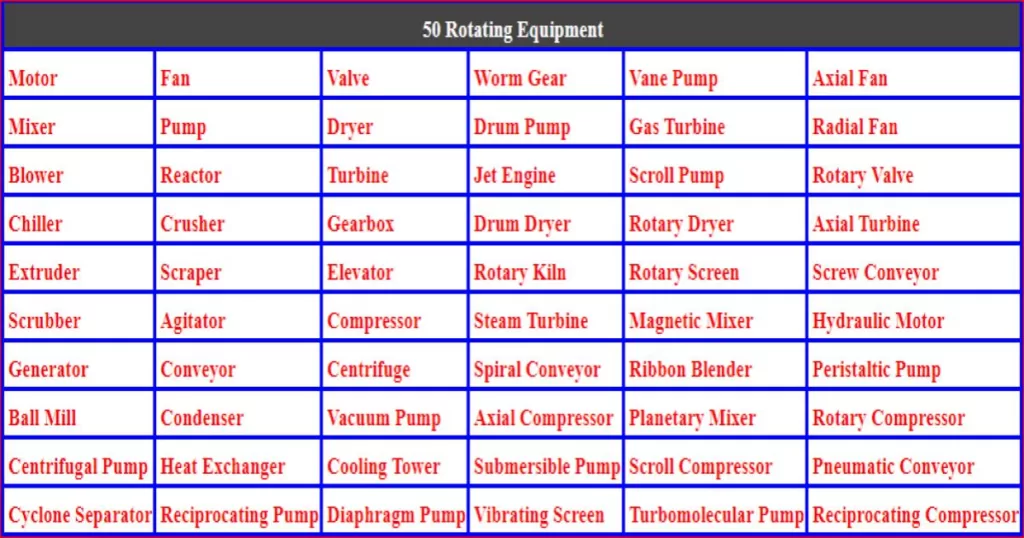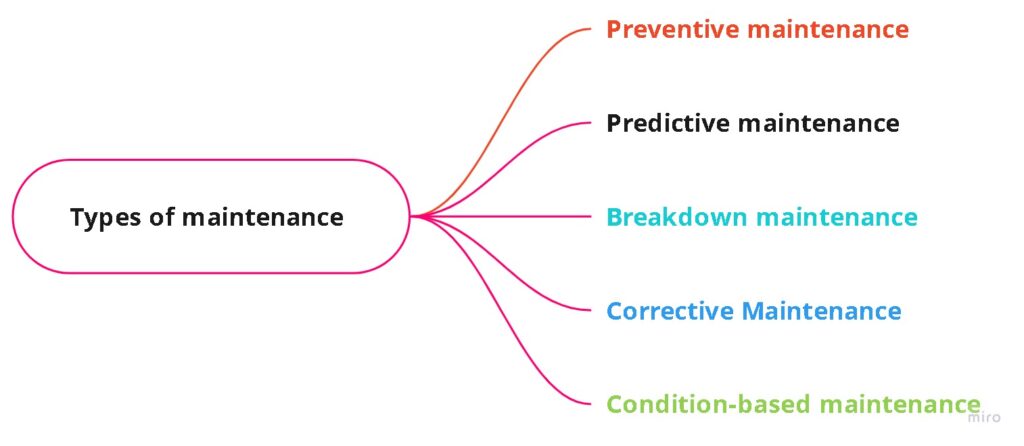Smart manufacturing industry 4.0 and IoT
Industry 4.0 and IoT (Internet of Things) are the two most prevalent buzzwords in the world of technology. With the implementation of advanced technologies, like Machine Learning, Artificial Intelligence, etc., the manufacturing industry has seen a significant transformation. There is phenomenal improvement in the operational efficiency and workflow of industries. IIoT opens a gateway to new opportunities, like process optimization, performance monitoring, automation, and more that have the potential to make an industry ten times better. Here, we’ll discuss more on how IoT is driving Industry 4.0!
What Is Industry 4.0?
The term ‘Industry 4.0’ is used to denote the beginning of the fourth industrial revolution. The previous three revolutions were mechanical production, mass production, and the digital revolution. This new revolution encompasses new technologies, like automation, interconnectivity, real-time data monitoring, etc., that impact all industries. However, the term most directly relates to the world of manufacturing. This is the reason why this revolution is also known as Manufacturing 4.0.
How Does Industry 4.0 Impact Engineering Designs?
Industry 4.0 combines digital processes, like automation, IoT, additive manufacturing, etc., that directly impacts mechanical design engineering. Mechanical design engineers need to redesign operations or processes in order to accommodate these evolving advances. Also, they have to embrace new digital tools or technologies to produce high-quality products efficiently and fulfill shifting consumer demands.
For example, millennials expect personalized products that match their preferences. Thus, if a firm manufactures products for mass production using traditional methods, there won’t be a high loyalty rate. Industry 4.0 factories are far better at designing and producing customized products compared to traditional factories. This is how Industry 4.0 is impacting engineering design and manufacturing companies.
What Are The Driving Forces Behind Industry 4.0?
Industry 4.0 focuses on making the smart industry a reality. Thanks to the widespread use of digital technologies! The following technologies are considered as the crucial components of Industry 4.0-
- Internet of Things
- Additive manufacturing (2D, 3D, and 4D printing)
- Big Data and Analytics
- Engineering Simulation
All these components impact mechanical engineering designs. How? For example, IoT enables engineers to use data to optimize manufacturing processes. Automation and Robotics need to be integrated into manufacturing machines or equipment.
Type of maintenance in industries
Another example is Prototyping. A prototype is an essential component for manufacturing. Additive manufacturing and 3D printing technologies can prototype production-ready parts quickly. This provides the engineers with a sample they can examine or reiterate. These technologies also help in the production of complex products. Thus, engineers need to understand the potential of these machines, which continue to evolve.
What Are The Outcomes Of Industry 4.0?
Industry 4.0 has a significant impact when it comes to the transformation in global economies. Deloitte Insights says that these evolving technologies have helped in creating around 3.5 million jobs in the UK alone between 2001 and 2015. But how do these advances impact an individual manufacturer? Here are the top noteworthy manufacturers can expect from this revolution-
Optimized Manufacturing Processes
Industry 4.0 that combines AI, IoT, Big Data, etc., helps optimize manufacturing processes. Data Analytics enables the decision-makers to make data-driven decisions; automation improves efficiency, and monitoring systems offer real-time production optimization. All these things translate to increased revenue and improved customer service for a manufacturer.
More Productivity
Worker safety is the most important benefit of IoT in manufacturing. Sensors onsite or worn by workers are monitored timely to ensure a safe workplace. Furthermore, as new technologies evolve, workers are able to learn new skills that help improve operational efficiency. This allows workers to accomplish their tasks better and quicker.
Better Customer Service
Remote monitoring, virtual reality, and analytics are the important parts of Industry 4.0. If a manufacturer creates products that allow IoT connectivity, it can help improve customer service, which is a competitive differentiator. With these products, manufacturers can keep an eye on product performance, quality, resolve their queries, etc. All this improves customer satisfaction.
Better Use Of Assets
Industry 4.0 brings more flexibility across manufacturing operations which helps workers use assets better. For example, automated robots can handle tasks like product transportation. This provides the highly skilled workers with enough time to do other important tasks. Thus, Industry 4.0 has transformed the way we used to see things in manufacturing units. It has made the system robust and increased the efficiency of processes.

